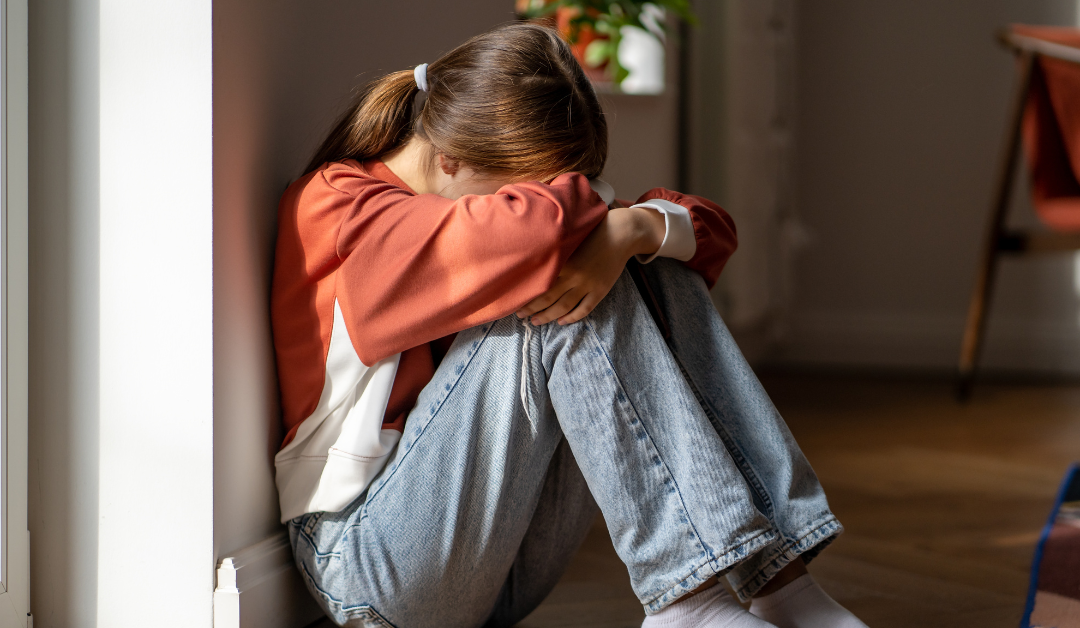Emotions are a natural part of life, and everyone experiences sadness from time to time. However, when sadness lingers or intensifies, people may wonder if they are actually experiencing depression. Understanding the difference between sadness and depression is crucial for recognizing when emotions are a temporary response to life events and when they may indicate a more serious mental health condition. In this article, we will explore how sadness and depression differ, what situational factors separate them, and why many people confuse the two.
What Are The Key Differences?
Sadness is a temporary emotional response to difficult situations, such as losing a loved one, facing rejection, or experiencing disappointment. While sadness can be intense, it generally fades over time as the individual processes their emotions and adapts to their circumstances.
Depression, on the other hand, is a persistent mental health disorder that affects thoughts, emotions, and behaviors. It is not always linked to a specific event and can last for weeks, months, or even years. Depression can make it difficult for individuals to enjoy activities they once loved, maintain relationships, or complete daily responsibilities.
Some key differences include:
- Duration: Sadness is temporary and improves over time, whereas depression persists for an extended period.
- Impact on Life: Sadness does not usually interfere with daily life, while depression can make even basic tasks feel overwhelming.
- Physical Symptoms: Depression is often accompanied by fatigue, changes in sleep patterns, and appetite disturbances, which are not common with regular sadness.
What Are the Two Main Factors That Differentiate Situational Sadness and Depression?
Two primary factors help differentiate situational sadness from depression:
- Persistence of Symptoms: Situational sadness typically resolves as the individual processes their emotions and adjusts to a new reality. Depression, however, continues for weeks or months without significant improvement, often without a clear trigger.
- Loss of Interest or Pleasure: One of the hallmark symptoms of depression is anhedonia, or the inability to find joy in previously enjoyable activities. While sadness can make a person temporarily disinterested in fun activities, they usually regain their enthusiasm over time. With depression, this loss of interest is persistent and widespread.
Is Depression Just Another Word for Sadness?
Depression is far more than just prolonged sadness. While sadness is an emotion, depression is a mental health disorder that affects mood, cognition, and physical well-being. Depression often involves:
- Persistent feelings of emptiness or hopelessness
- Chronic fatigue and low energy levels
- Sleep disturbances, such as insomnia or excessive sleeping
- Difficulty concentrating and making decisions
- Physical symptoms, including headaches or digestive issues
Unlike sadness, which is a passing emotional state, depression is a medical condition that requires treatment through therapy, lifestyle changes, or medication.
Why Do People Think Depression Is Sadness?
Many people confuse depression with sadness because sadness is the most visible symptom of depression. However, depression is much more complex than simply feeling sad. Several reasons contribute to this misunderstanding:
- Cultural Misrepresentation: The media often portrays depression as just extreme sadness, failing to highlight the cognitive and physical symptoms associated with the disorder.
- Lack of Awareness: Many people are unaware of the full range of depressive symptoms and assume that sadness is the primary indicator.
- Personal Experience: Since everyone has experienced sadness at some point, some assume that depression is just an exaggerated form of sadness, rather than recognizing it as a distinct mental health condition.
Final Thoughts
Recognizing when emotions are part of a natural response to life’s difficulties and when they may indicate a more serious mental health concern is crucial. While sadness is temporary and linked to specific events, depression is a persistent disorder that affects multiple aspects of life. By increasing awareness and breaking down misconceptions, individuals can seek appropriate support and treatment when needed.
Contact
New Mexico
Phone: (505) 910-4070
Fax: (505)-910-4587
Address
New Mexico: 10409 Montgomery PKWY NE #202b Albuquerque, NM 87111
Kansas: 8700 Monrovia
Suite 310
Lenexa KS 66215


